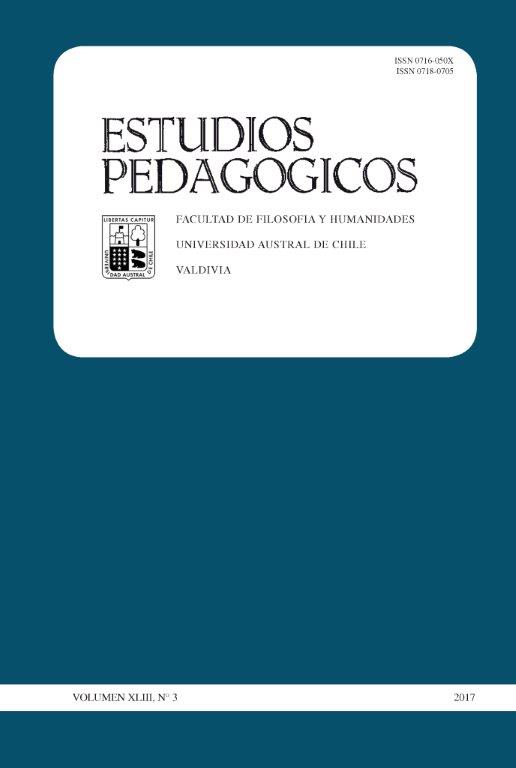Flipped classroom mediated by the use of virtual platforms: a case study of pre-service teacher education in physics
Main Article Content
Abstract
This article shows the main results of the implementation of a flipped classroom model by using a free access virtual platform in a didactic course for future physics teachers at a state university in Chile. Through a case study with a qualitative-descriptive research approach, at the end of the semester the 31 participants identified several advantages and disadvantages regarding the flipped classroom as an instructional strategy. Among them, the development of habits and self-regulation for learning are highlighted, which contrasts with the additional
difficulty of constantly revising the pre-class materials available on the virtual platform selected as support for teaching. Implications for teacher training and suggestions for future implementations are discussed.

